By: Amanda Rose Newton
One of the absolute best things about living in Florida is the sheer number of plants, especially of the tropical persuasion, one can grow in their yard.
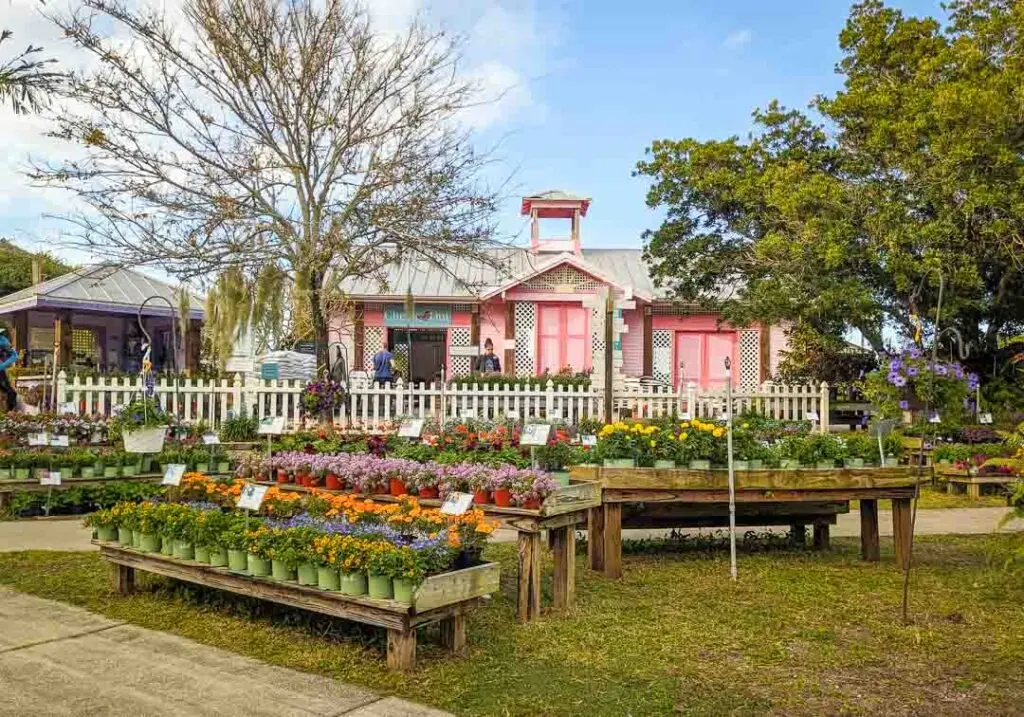
While the entire state enjoys warm weather, especially compared to the North and Central United States, there is a significant variance in temperature from the East Coast to the Gulf Coast as well as North and South. While not as drastic as say, moving from Michigan to Texas, it does impact what you can and can’t get away with growing in your yard.
If you haven’t pulled up a Map detailing county lines in Florida, go look! Brevard is a HUGE county! One of the largest, in fact. With all the space it takes up, there can be subtle temperature differences between the most northern part (Mims) to the Barrier Island, which can make additions or subtractions to your what to plant list.
USDA Plant Hardiness Zone
Luckily, the USDA has a convenient map that at least provides clues as to what you may potentially get away with plant wise. The scale works based on the lowest annual MINIMUM temperature. Confused? Basically, they pool the data for the lowest temperatures on record on average and assign numbers based on 1-11 to areas that fall within a temperature range. The state covers an extensive 8a-11b, with Brevard alone showcasing zone 9a-10a depending where you are. This means you could literally have a friend in the county who is growing a plant in their 10a zone that might struggle in your 9a. Of course, there are always exceptions to the rules, and often other natural or manmade features might be factoring in.
Rural vs. Suburban vs. Urban
Yes, whether you live downtown or do not have a neighbor for miles does play a role in determine which plants will grow! Urban areas tend to use more energy, have more car activity, and typically are a few degrees warmer than neighboring rural or even suburban areas. Pollution tends to be more prominent in cityscapes, which can prevent certain plants from thriving. However, those warmer nights might mean that you do not have to cover plants that are prone to cold damage.
The Lay of the Land
Do you reside on an incline, or are you in a low-lying area? These seemingly small details can play into the plant dynamics of your landscape. Plants on an incline might see slightly warmer temperatures and experience less “wet feet” than those planted in lower lying areas.
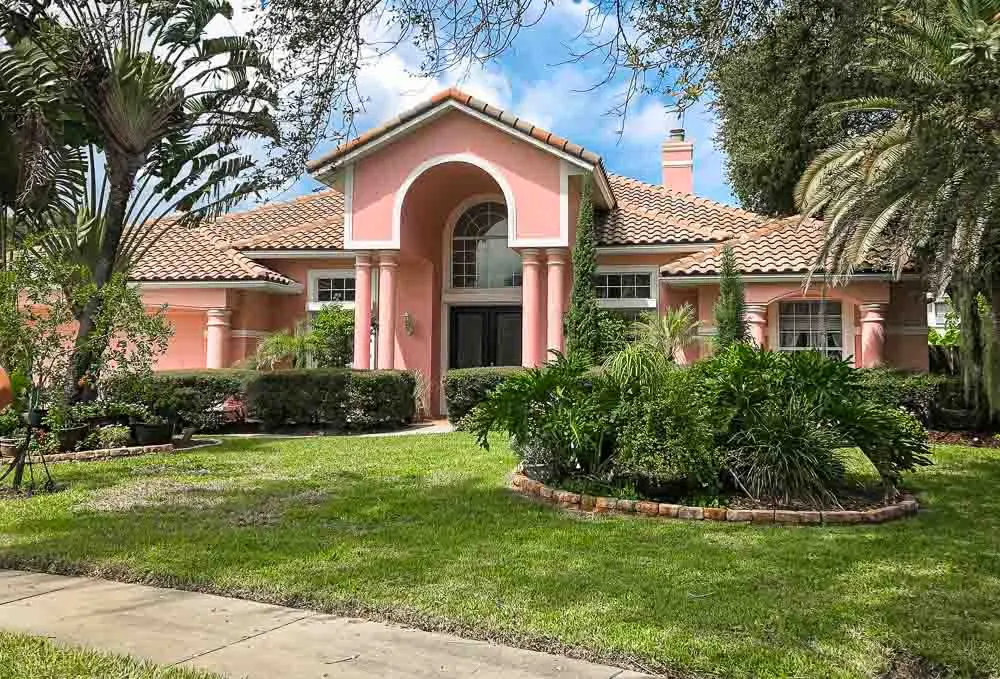
This is commonly seen at the neighborhood level, where everyone has that one neighbor that has a tree that just isn’t supposed to work in 9b, whether a crabapple or a palm tree.
How to Protect Plants from Chilly Nights
If you must have a cold-sensitive plant and your yard lacks a warm microclimate, be sure to know the temperature at which that plant will begin to struggle. In the winter, pay attention to forecasts and have a plan in place for if the temperatures dip a few nights. This can be accomplished by simple acts such as putting your citrus in a pot so it can be wheeled indoors in case of cold or making sure to have a cloth cover for your coconut palm at the ready.
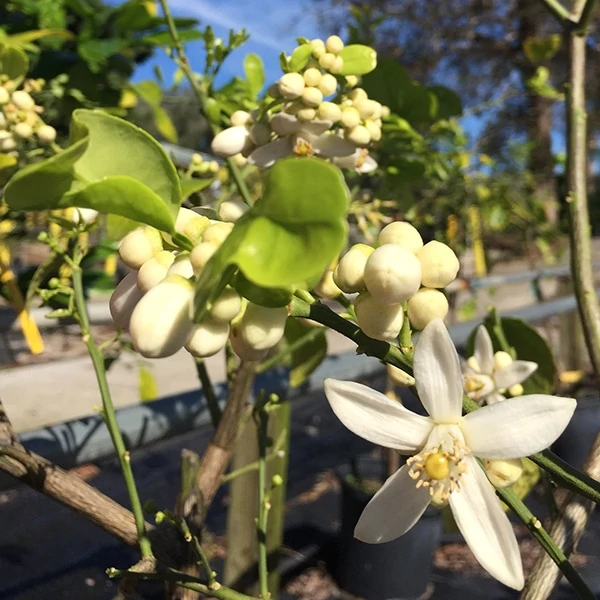
If this already sounds like too much work, then it probably is a sign that it isn’t going to be the right plant for you. However, if this sounds like just the challenge you need and are willing to do anything to keep your plants happy, it could be a fun project that puts you more in tune with Florida’s environment.
Salt Tolerance
We are so fortunate in this county to live so close to the ocean. How close one is to the beach also happens to play a role in plant selection. Salt spray, which is quite likely if you are only a few blocks from the coast, can significantly burn or irritate plants if they are not salt tolerant.
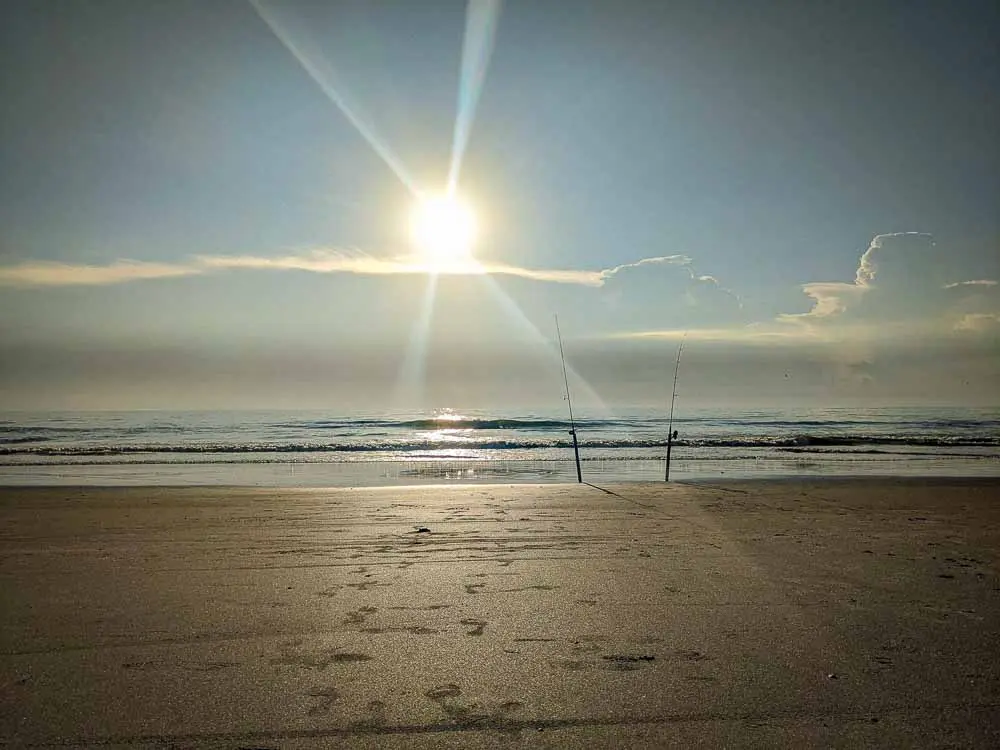
Additionally, saltwater intrusion in your water and greatly impart damage. Not sure if you have salty water? Bring it by the information kiosk for a free test! Our handy salt tolerance list gives you the rundown on what to plant based on the salt content in your water.
Soil Type
Believe it or not the soil changes from one end of the county to another. Newer developments (looking at you, Viera) tend to have less organic matter present in the topsoil, meaning plants have less to “jump start” their development.
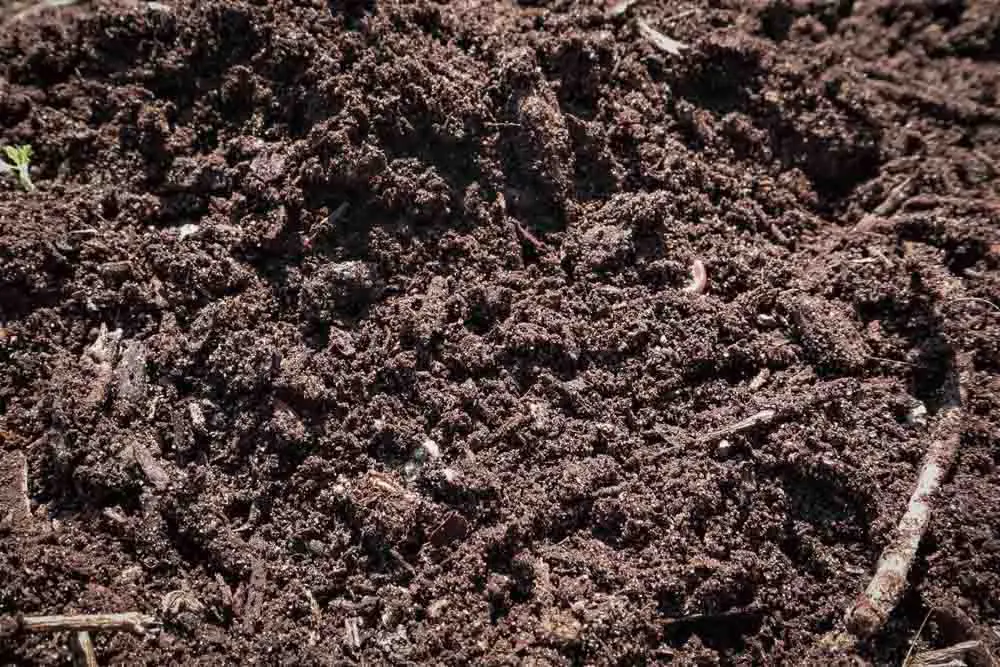
As you can probably guess, those on the barrier or Merritt Island have much higher sand content, which doesn’t hold moisture as well and tends to be on the alkaline side. Most plants show a preference for neutral (pH 7) to slightly acidic (pH 6) conditions, so this is something to consider when making your selections. While there is no perfect soil in Florida, taking steps to know what you have can help save you from plant mishaps down the road.
The Last Word
Still feeling clueless? Most plant labels should include a rough idea of salt tolerance, zone requirements, and soil type preferred to help make your choice a bit easier. When in doubt, ask! Many of us here at Rockledge are in the know of which plants thrive where in the county and are happy to assist in your plant making decisions. Finally, if you are curious or just must at least try a plant that you know ultimately might not work, give it a go. Experimentation is the best form of learning!


